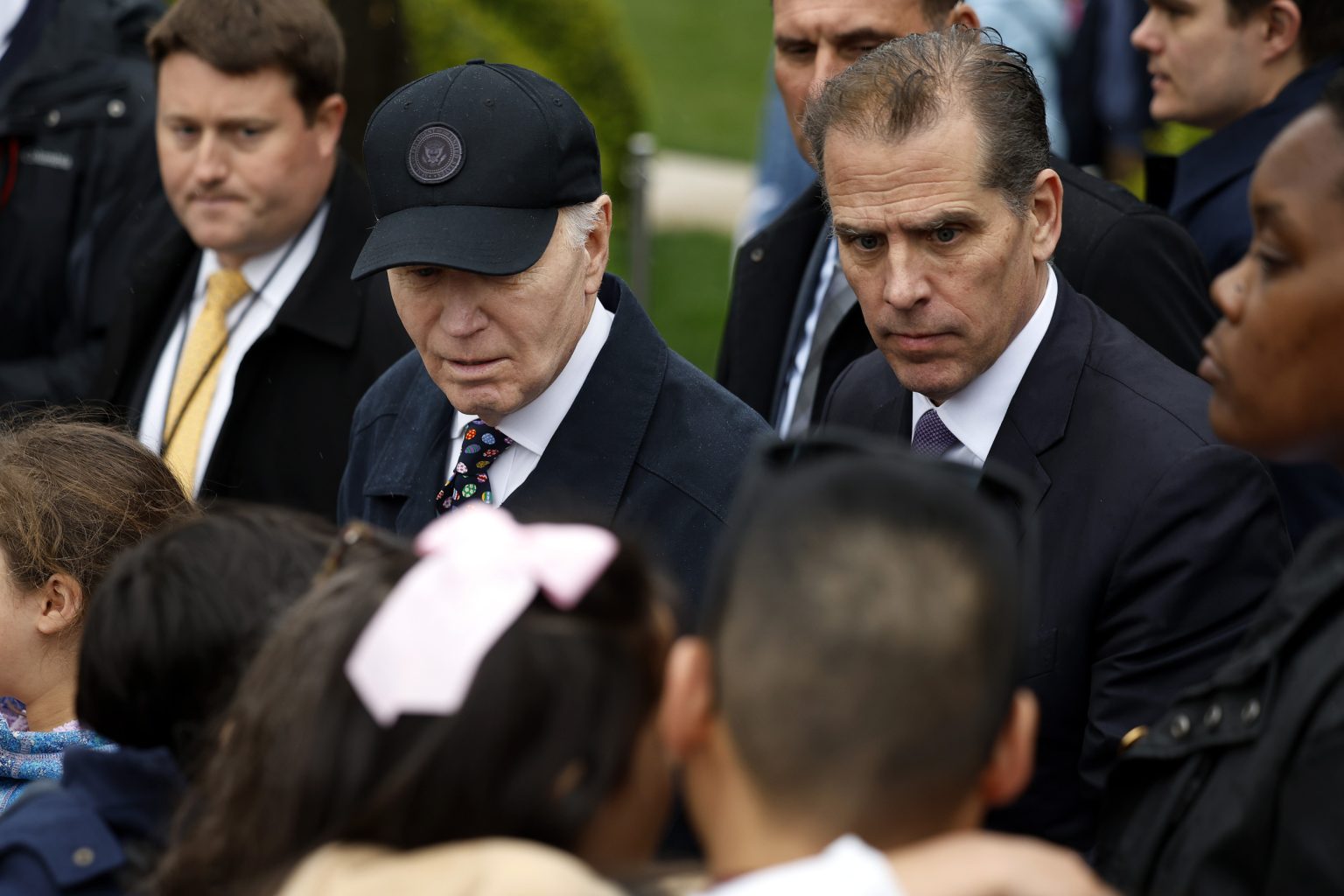On December 1, 2023, Hunter Biden filed a court document announcing the official acceptance of a presidential pardon from his father, President Joe Biden, for federal tax evasion and firearm-related offenses. In the filing, Hunter Biden stated that he acknowledged receiving a “full and unconditional pardon” for the offenses outlined in his indictment. This legal move comes after Hunter faced sentencing for convictions related to tax evasion and possession of a firearm while influenced by drugs. The document is signed by Hunter Biden and was executed in Washington, D.C.
President Biden publicly confirmed the pardon, emphasizing its comprehensive nature in a statement released on the same day. He expressed his intent to provide relief to his son during a challenging period, positioning the pardon as a form of support for Hunter, who has publicly struggled with substance abuse issues. The acknowledgment of the pardon and its acceptance were necessary steps for Hunter as he faced legal repercussions stemming from his previous actions.
The context surrounding Hunter Biden’s legal troubles has generated considerable media attention and political debate, particularly given his familial ties to the presidency. Critics have used the situation to raise questions about the ethics of a president pardoning a family member, while supporters have argued that the pardon serves as a compassionate response to a man dealing with addiction and personal challenges. The decision to issue the pardon reflects Joe Biden’s long-standing commitment to addressing issues related to addiction and rehabilitation, echoing themes prominent in his political career.
The legal implications of Hunter Biden’s pardon are significant, as they essentially erase the federal charges against him, allowing him to move forward without the burden of criminal conviction. By declaring acceptance of the pardon under penalty of perjury, Hunter strengthens the legitimacy of the legal process and ensures that there are clear records of his acceptance. This move not only serves to clear his criminal record but also positions him to rehabilitate his public image in the aftermath of intense scrutiny.
Furthermore, the pardon raises discussions about the broader implications of presidential pardons and the potential for abuse of power. The balance between familial ties and the principles of justice has been a longstanding issue in such cases, prompting analysts to examine the ethical dimensions of the situation. As Hunter Biden seeks to rebuild his life, the public and legal ramifications of this pardon may influence future discussions on criminal justice reform and presidential authority.
In conclusion, Hunter Biden’s acceptance of a presidential pardon marks a pivotal moment in his legal journey, allowing him to move beyond federal convictions for tax evasion and firearm possession. President Biden’s decision to grant the pardon highlights his personal and political commitment to addressing addiction issues. This incident encapsulates ongoing societal debates regarding the intersection of family, justice, and the responsibilities that accompany the exercise of presidential power. Potential consequences and ethical considerations surrounding the pardon are likely to resonate well beyond Hunter Biden’s individual circumstances, prompting deeper inquiries into the nature of pardons in the U.S. legal system.

